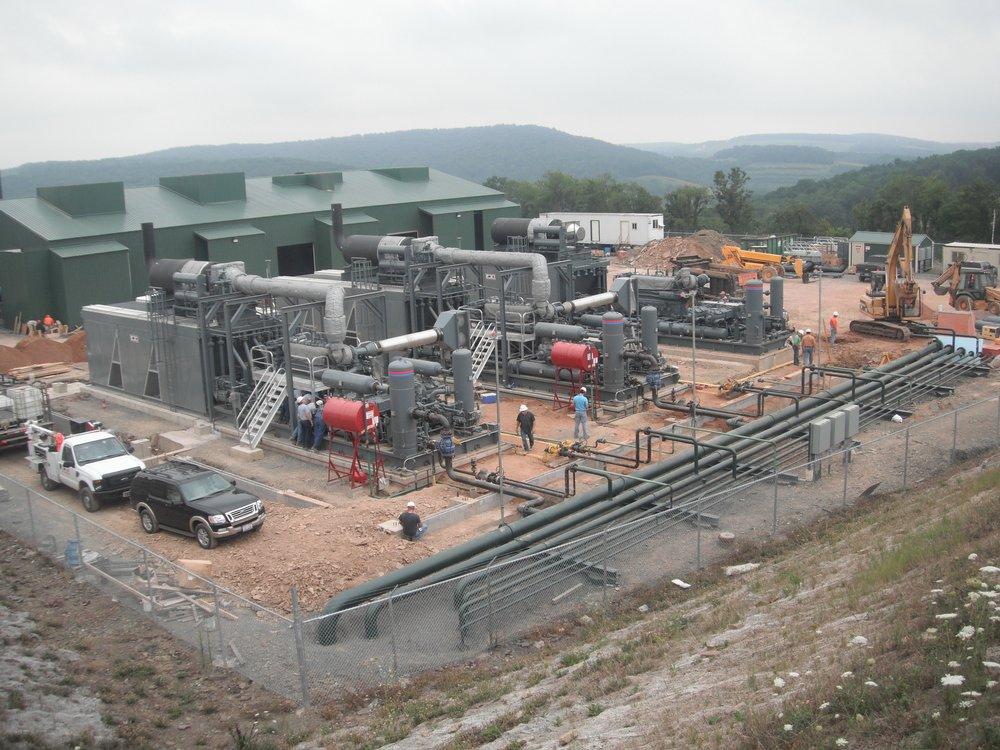
College Park, Md. – People living near natural gas compressor stations may be subject to high environmental noise exposures, according to a study published in PLOS ONE by environmental health researchers at the University of Maryland School of Public Health (UMD SPH). Compressor stations are necessary to concentrate and move pressurized natural gas, which has been extracted through hydraulic fracturing (“fracking”), along gas pipelines. Environmental exposures from these stations, including toxic chemicals and noise, are a significant public health concern and a source of stress for nearby residents in communities like Doddridge County, West Virginia, where researchers conducted this study.
“Previous studies have documented noise exposure associated with the temporary process of gas extraction site development and preparation, but our research adds new information about the potential extent of noise exposure associated with compressor stations. These stations remain as a permanent structure in the impacted communities,” said Meleah Boyle, MPH, lead author of the study and a doctoral student in toxicology and environmental health.
Outdoor noise pollution above 55 decibels and indoor noise pollution above 45 decibels may interfere with activities and lead to annoyance, according to the U.S. Environmental Protection Agency. The World Health Organization recommends nighttime noise levels below 40 decibels to reduce the risk of sleep disturbance, insomnia, and use of drugs for sleeping. “We found that five out of six homes that we monitored which were located within 750 meters of a compressor station had combined outdoor average sound levels greater than 55 decibels over a 24 hour period,” said Ms. Boyle.
Noise from compressor stations along interstate pipelines is regulated by the Federal Energy Regulatory Commission, whereas noise from compressor stations not located on an interstate pipeline is regulated at the state or local level. “Noise regulation is primarily delegated to the state and local governments”, Ms. Boyle said. “It is a patchwork system of regulation that varies across the country. To our knowledge, in Doddridge County, West Virginia, there were no noise standards at the time our study was conducted.”
“Future studies are needed to quantify and understand the cumulative risk associated with the combined health impacts of air pollution, chronic noise exposures, and stress among these impacted communities,” added Dr. Amir Sapkota, associate professor in the UMD SPH’s Maryland Institute for Applied Environmental Health and senior author of the study.
Related Links